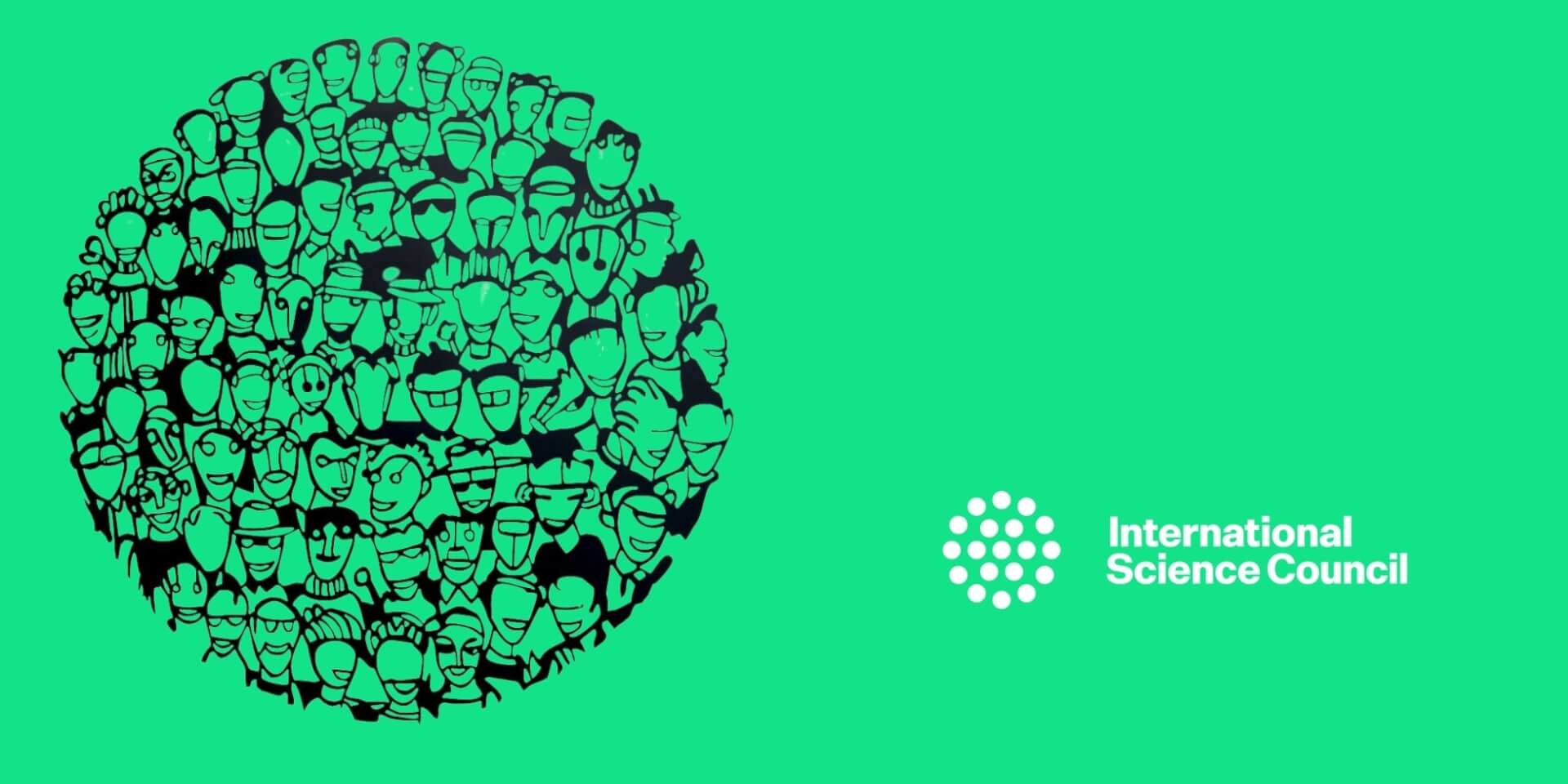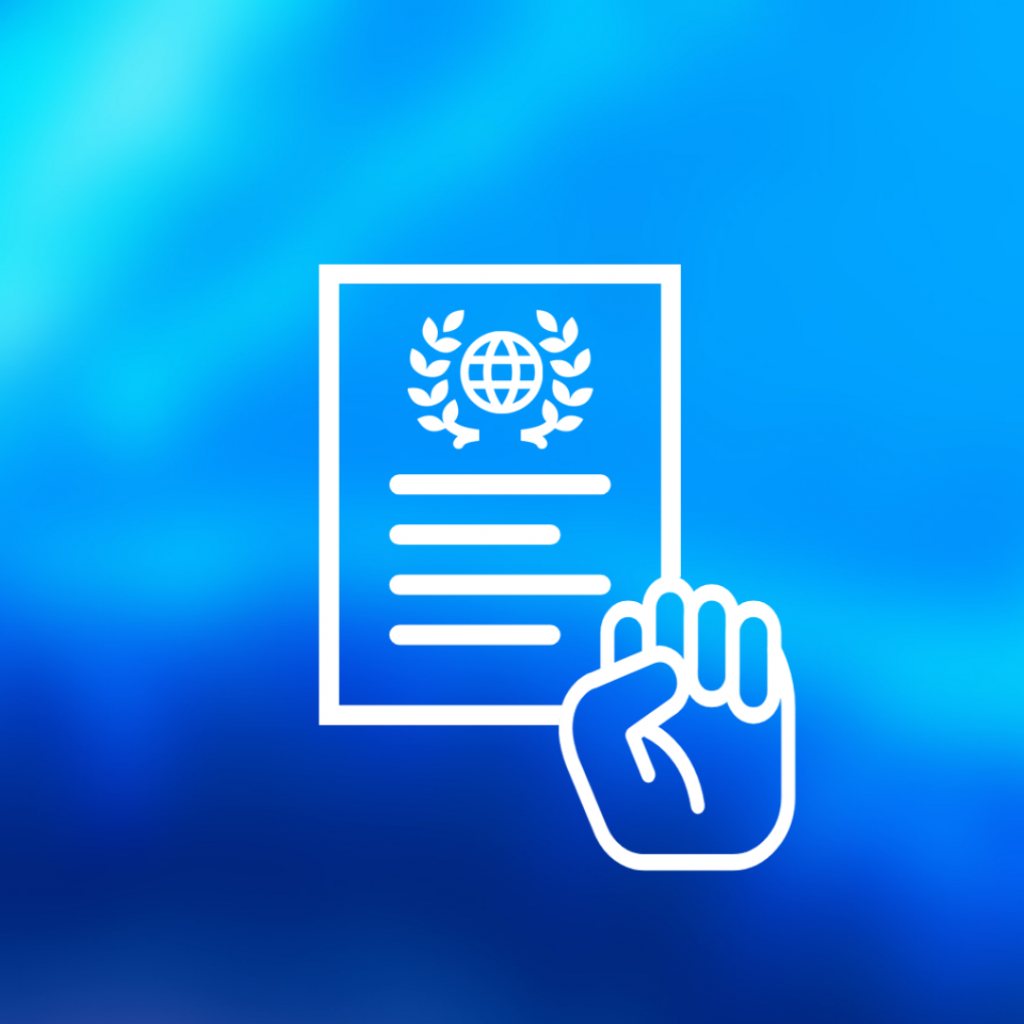
The right to share in and to benefit from advances in science and technology is enshrined in the Universal Declaration of Human Rights, as is the right to engage in scientific enquiry, to pursue and communicate knowledge, and to associate freely in such activities. These rights go hand-in-hand with responsibilities in the practice, management and communication of scientific research.
The developments of the 21st century offer new opportunities to advance science, but also pose complex challenges to scientific research. This paper reviews scientific freedom and responsibility today, and makes recommendations to guide the free and responsible practice of science in contemporary society. It proposes actions for scientists, research institutes and universities, science organizations, the private sector and governments to help strengthen free and responsible science as a force for good.

Freedom and Responsibility in the 21st century
The Principle of Freedom and Responsibility in Science is at the heart of all the Council’s work. The developments in this century demand a review of the meaning of this Principle, and of the role of bodies such as the ISC in upholding its basic tenets in this new and rapidly evolving context.
This paper is an output of the Council’s project on freedom and responsibility in the 21st century
The report cover artwork featured above is from ‘Spectators’ by Toyin Loye. Toyin Loye studied Fine Art at Obafemi Awolowo University in Ile Ife. His work has been exhibited in solo and group exhibitions in Nigeria, Senegal, Argentina, Indonesia, Japan, South Korea, United Kingdom, Australia, United States, Germany, Spain, Norway, Belgium and the Netherlands. He lives and works in The Hague, The Netherlands.